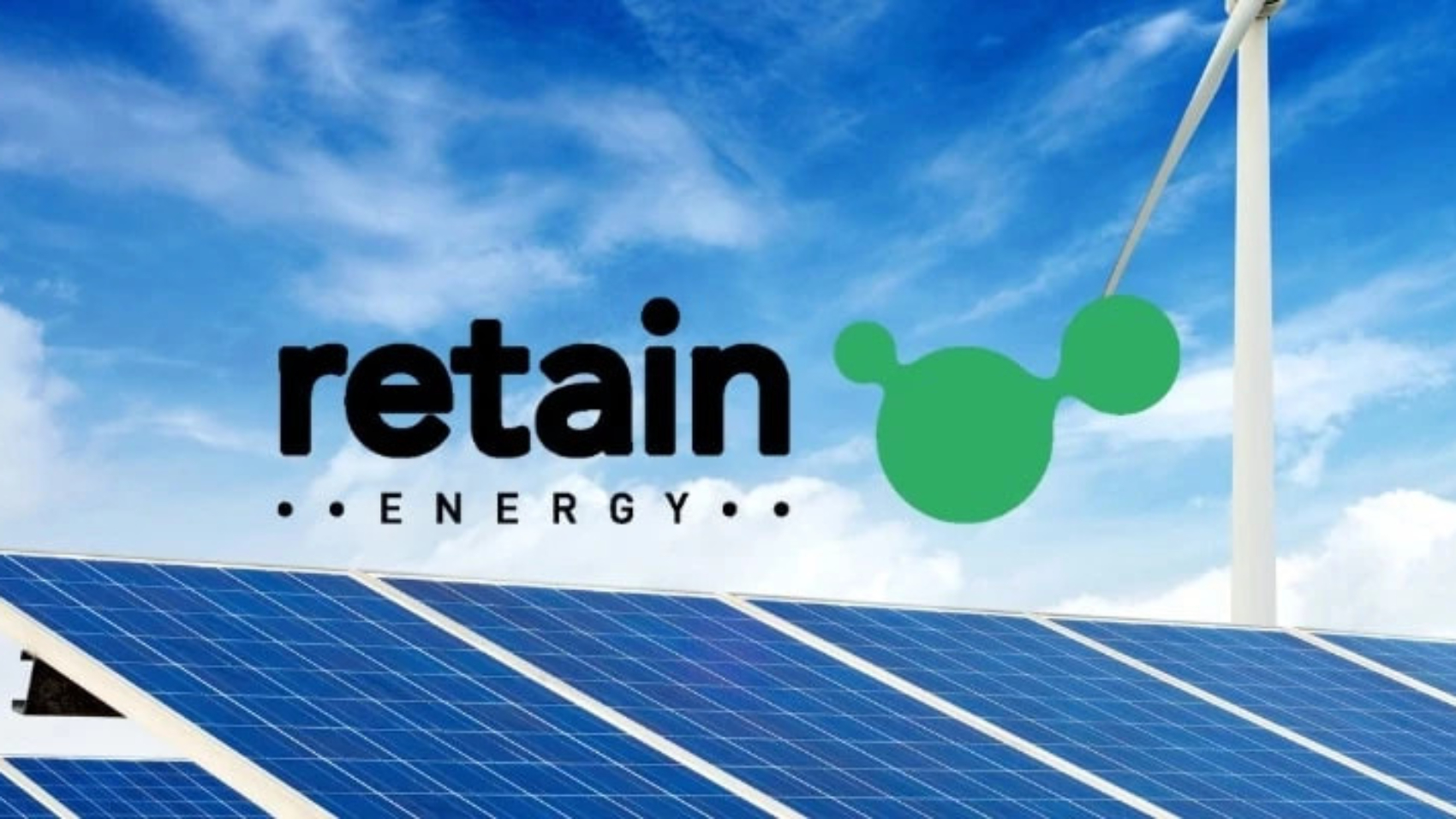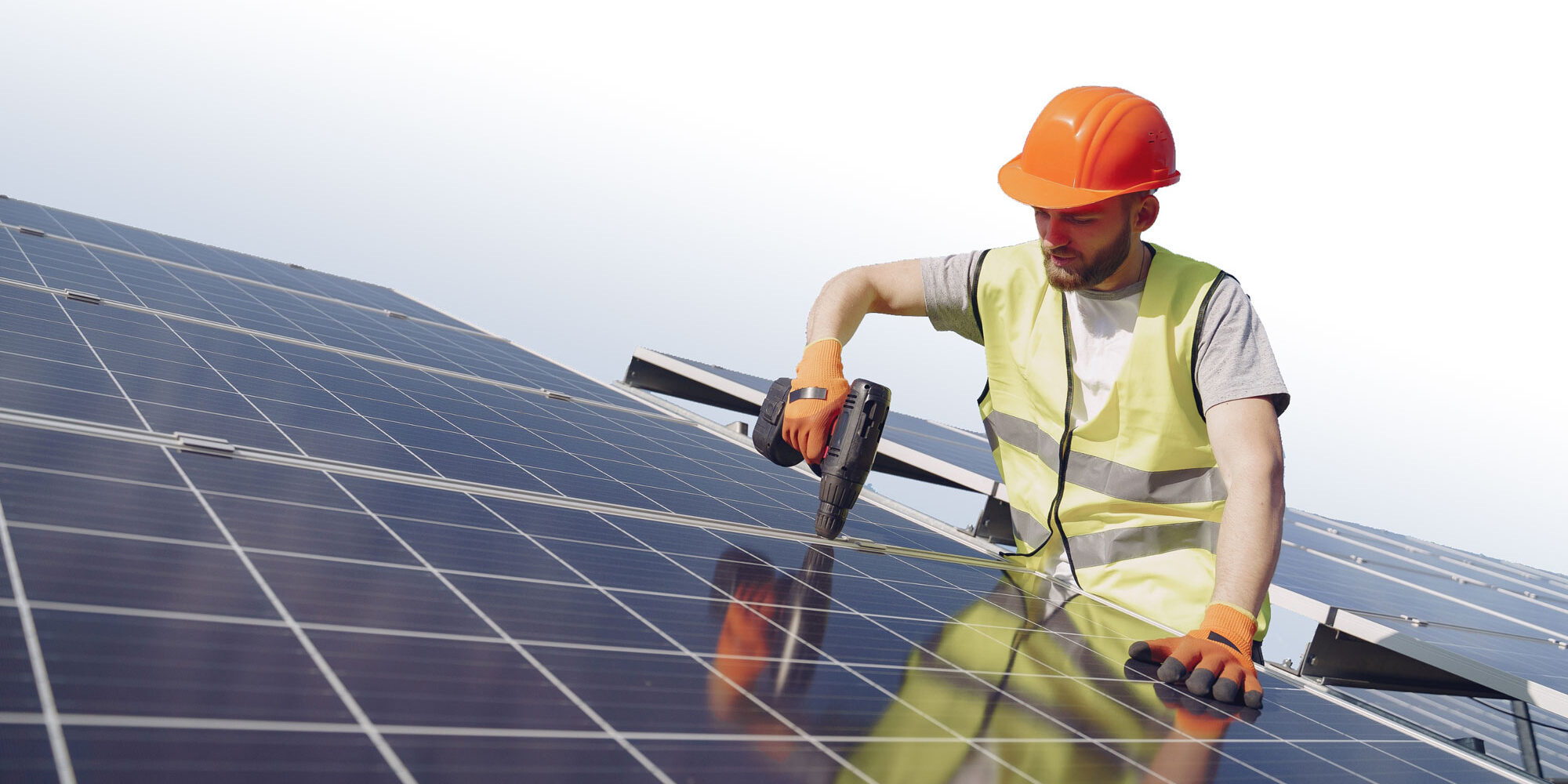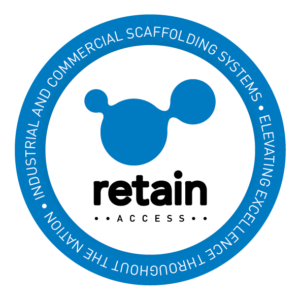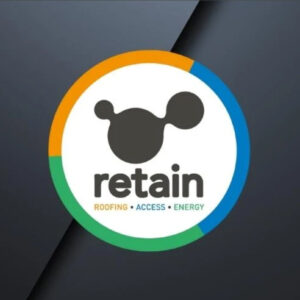COP26 has now ended and a new global agreement (the Glasgow Climate Pact) was reached at the much-anticipated summit…
The aims of the agreement are to reduce the worst impacts of climate change that we have been experiencing but they are fears from critics that the agreement doesn’t go far enough to limit global warming
What’s in the COP26 agreement?
The non-legally binding agreement that derived from the two-week meeting sets the global agenda on climate change for the next 10 years:
Emissions
It was agreed that countries would meet again next year to guarantee additional cuts to the emission of carbon dioxide (CO2) which is a greenhouse gas that triggers climate change. The reason for this is to try and maintain temperature rises within 1.5oC which scientists state is needed to prevent a ‘climate catastrophe’. However, the current pledges (if met) will only limit global warming to approximately 2.4oC.
Coal
For the first time at a COP event, there was a clear strategy to reduce the use of coal which is responsible for around 40% of annual CO2 emissions. However, countries only agreed a reduced commitment to ‘phase down’ rather than ‘phase out’ coal after a late intervention by both China and India.
Developing countries
The agreement also pledged to significantly increase financial assistance to the poorer countries to help them cope with the effects of climate change and assist them to make the switch to renewable energy.
There’s also the possibility of a trillion dollar a year fund from 2025 after a previous pledge for richer countries to provide $100bn (£72bn) a year by 2020 was not achieved. While some observers say the COP26 agreement represented the start of a breakthrough, some African and Latin American countries felt not enough progress was made at the summit.
Fossil fuel subsidies
At the summit, world leaders agreed to phase-out the subsidies that artificially lower the price of fossil fuels such as coal, oil and gas. However, no firm dates have been set as to when this would be implemented.
Trees
Leaders from more than 100 countries, which equates to 85% of the world’s forests, have promised to put a stop to deforestation by 2030. This is seen as an important move as trees are able to absorb huge amounts of CO2.
Similar initiatives in the past haven’t stopped deforestation, but this one will be better funded. However, it’s still unclear how the pledge will be policed over the coming years.
Methane
More than 100 countries have agreed to cut 30% of methane emissions by 2030. This powerful greenhouse gas is currently responsible for a third of human-generated atmospheric warming. The big emitters of China, Russia and India decided not to join but it’s hoped they will sign up later.
USA-China Agreement
The world’s biggest emitters of greenhouse gases have agreed to boost cooperation on tackling climate change over the next decade. Leaders of both countries have said they will work together on increasing the use of renewable energy, developing regulatory frameworks and utilising technologies such as carbon capture.
Climate Finance
Financial organisations that control $130tn have agreed to support clean technology, such as renewable energy, and direct finance away from the fossil fuel burning industries. The initiative is an attempt to involve private companies in achieving net zero status.
However, some environmental organisations have said without a greater commitment to ending support for fossil-fuels, this could be little more than a PR exercise which will not help achieve long term objectives.
Zero-Emission Vehicles
More than 30 countries, along with dozens of states and cities and a small number of vehicle companies agreed to work on manufacturing cars and vans to be net zero by 2035 in leading markets and 2040 globally.
How will countries be made to meet their pledges?
Most of the commitments made at COP26 will have to be self-policed by the respective authorities. Only a few countries will actually make their pledges legally binding which means they could face legal action if their pledges weren’t achieved within the agreed timescales.
What was the COP event?
The COP (Conference of the Parties) is a meeting that is held every 5 years and first started in 1995. COP26, which was held in Glasgow, started on Monday 1st November and ended on Friday 12th November.
Governments from almost 200 countries come together in front of the United Nations Framework Convention on Climate Change (UNFCCC) to discuss and make collective agreements on to resolve the challenge of the climate crisis we currently face.
If you would like to discover more about our premium commercial solar PV systems and the benefits it can bring to both your business and the ongoing fight against climate change, please contact the Retain Energy team on 0800 027 2244 or email us here.
Cleaner energy for a cleaner world.









